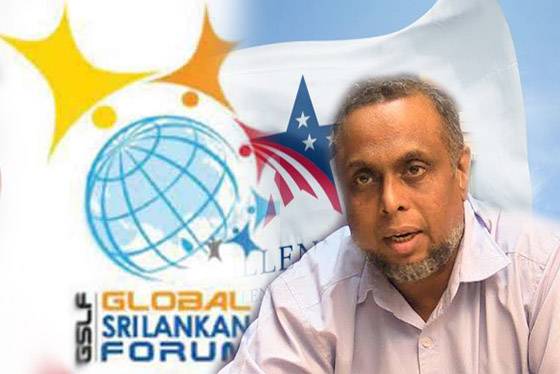The government has been advised to think twice in ratifying the Millennium Challenge Corporation’s (MCC) grant of US$480 to Sri Lanka as key conditions laid down in the compact would erode the country’s sovereign rights.
The 4-member expert committee appointed to review the MCC grant has issued this warning in their preliminary report presented to President Gotabaya Rajapaksa on Monday.
The committee has concluded that the MCC compact with all strings attached to it was detrimental to the country as some of its provisions gave an upper hand to the US, the Business Times reliably learnt.
The compact is not just another contract; it is a treaty with the US Government which is represented by the MCC, and the Government of Sri Lanka.
Committee Chairman Prof. Lalithsiri Gunaruwan of the University of Colombo said that they have evaluated the pros and cons of the MCC grant and made their recommendations to the President.
The government could arrive at a decision on MCC compact by considering the observations and recommendations in the report devised after two months of deliberations with relevant stake holders, public representatives, some selected experts and intellectuals, he added.
Prof. Gunaruwan noted that they have submitted their recommendations proposing safety clauses to the agreement in their preliminary report which was completed after an in-depth study on the MCC compact.
He said the committee received a large number of public representations while a comprehensive report will be submitted later.
The larger part of the MCC Compact—the $350 million transport project—focuses on modernising bus transport and improving traffic management systems, which would contribute towards crucial improvements in public transport and provide tangible benefits to the poor.
A small land project—envisaged amounting to $67 million—seeks to improve the land administration policy in Sri Lanka. Specifically, it seeks to map and survey state lands, strengthen government capacity and provide help with the digitisation of deeds.
(LI)

